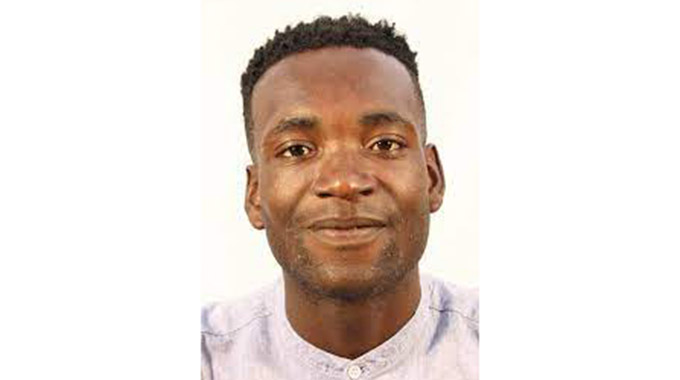Plans to protect children underway

Tina Musonza Herald Reporter
A review of the National Action Plan for Care of Orphans and Vulnerable is underway to enhance their protection against violence and other forms of abuse, Public Service, Labour and Social Welfare Minister, Professor Paul Mavima, has said.
Prof Mavima said this during a high level policy dialogue on child protection and financing in Zimbabwe on Wednesday.
The event was attended by diplomats and other developing partners that work with Government.
“Government is working with Unicef in the process of reviewing what is called the National Action Plan for Orphans and Vulnerable Children (NAPOVC) phase three and developing a successor programme that will incorporate strategies to address violence against children, teen pregnancies, substance and drug abuse, which has become an important topic within Government to say ‘let’s make sure that our youths are not derailed through the abuse of drugs and other substances’,” said Prof Mavima.
The NAPOVC was launched in 2005 with the aim of providing all orphans and vulnerable children in Zimbabwe with basic services that will positively impact on their lives.
Prof Mavima added that Government was committed to the welfare of children and young persons, whom he said were an important component for the development of the country.
He also said the number of children under the Basic Education Assistance Module had risen from approximately 400 000 a few years ago to 1,5 million now.
There are plans to increase the number of children receiving Government support, resources permitting.
Unicef deputy regional director for Eastern and Southern Africa, Ms Lieke Van de Wiel, said it was critical for any society that respects the dignity of its children to improve funding of programmes targeted at their development.
Dr Van de Wiel said it was important for Government to initiate programmes for families and communities at large, as a long-term policy to reduce the number of children that require assistance.
In her remarks, Swedish Ambassador to Zimbabwe, Ms Asa Pearson, commended the Government’s efforts in improving the plight of children through various legislation and ratification of international protocols and treaties that safeguard the interests of children.









Comments